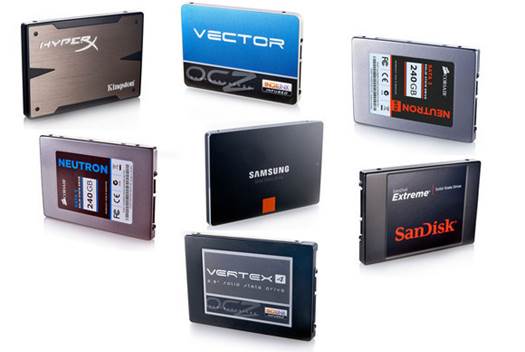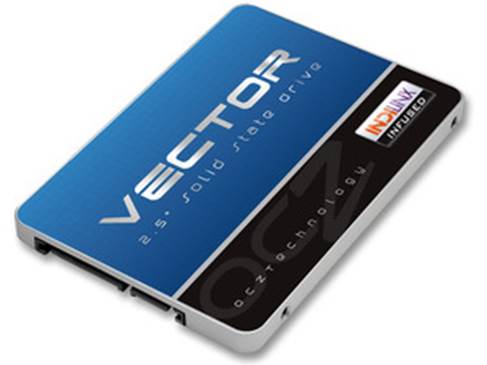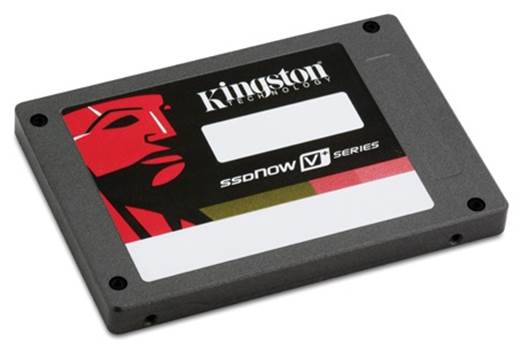As SSDs soar in popularity, do you
know how to answer customer’s questions about reliability? We find out the
score…
There are many benefits to SSDs over
traditional spindle drives – they are increasingly competitive on price, less vulnerable
to damage from movement, offer quicker boost times and better performance
overall.
They’re an attractive proposition for any
retailer or reseller who can offer clients the chance to upgrade.

Several
manufacturers offer SSDs. The HDD market is much more condensed.
However, there are still concerns in some
quarters that because SSDs don’t have a proven history like their hard disk
counterparts, then entrusting data to them is a risk.
This means knowing the benefits of SSD is
vital if you want to offer them as upgrades to your customers.
Pasi Siukonen, field application engineer
at Kingston Technology reviews the benefits: “Compared to traditional drives,
SSDs are silent, have no moving parts, and generate less heat as well as
consume less power. When integrated into and old PC or laptop, greater speeds
and system applications are experienced, enhancing device performance tenfold.”
Prices have come down rapidly, reaching the
magical $1 per GB point. IDC expects worldwide SSD shipments to increase at a
compound annual growth rate of 51.5 per cent between 2010 and 2015.

OCZ's
Vector SSD is one of the fastest around
Mark Pini, senior regional marketing
manager at Sandisk, suggests a reason why every SSD may not be created equally:
“As with every developing technology, it takes time to bring the high
performing and reliable products to market, especially from the controller
point of view as this tends to be a very complex matrix.”
There are a few issues that are particular
to SSDs. One centres around data recovery. Hard drives might be prone to
failure now and then, but plenty of firms offer ways to get your data back.
Even Kingston’s Siukonen has to admit: “SSD recovery is possible, but due to
inherent differences in the technology, it’s more challenging.”

Kingston SSDNow V+ SSD
StorageSearch.com recommends that anyone in
need of SSD data recovery goes to vendors before they try any data recovery
sites. In these cases the vendors are still (usually) the experts.
Samsung’s Stefanie Sears-Black says: “SSDs
tend to wear out rather than ‘die,’ and they do so gradually. Using Samsung’s
Magician 4.0 software customers will be able to view a health status bar that
provides a traffic light system on the health status of the drive and confirms
the number of terabytes of data written to the drive. This allows consumers to
be much more aware of the health of their drives.”

Samsung's
840 series – the next generation
There have also been concerns about ‘wear
out’ or ‘write endurance’ because blocks of flash memory can only take a
certain number of write cycles before becoming unreliable.
Does this mean shiny new SSD is going to
fail after a few weeks?
Sears-Black thinks it’s unlikely: “Today’s
SSDs will easily outlive the useful life spans of the devices they power. When
we speak of ‘write endurance,’ we’re referring to the durability of individual
cells, of which there are millions in an SSD. In fact, internal testing at
Samsung suggests that SSDs can last for decades under moderate to heavy daily
workloads.”
Choosing the right brand is important in
this sector. Pini says: “There is a lot of expertise required to develop
products in the SSD market. End users need to consider this when making
purchases, as well as price and performance.”